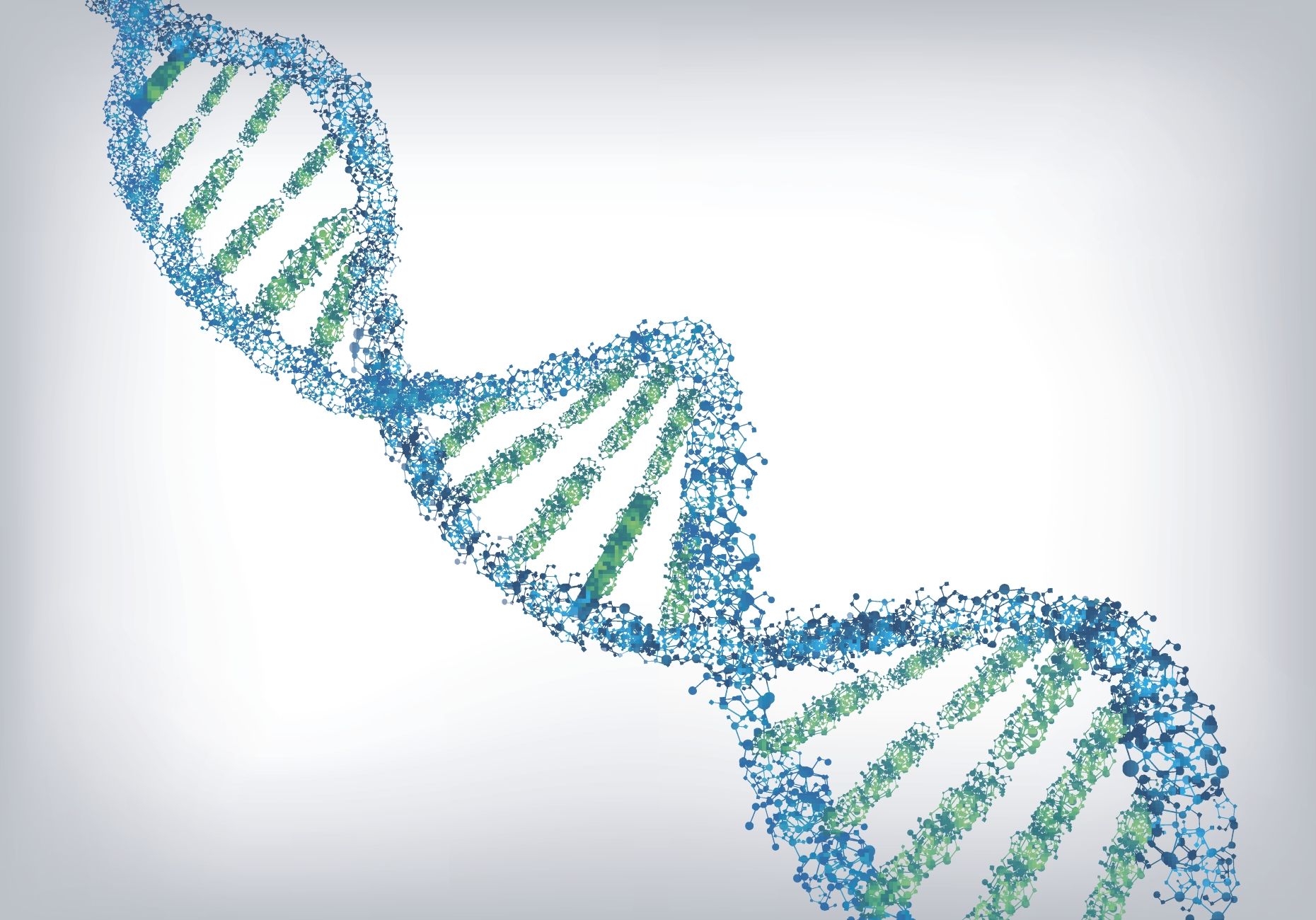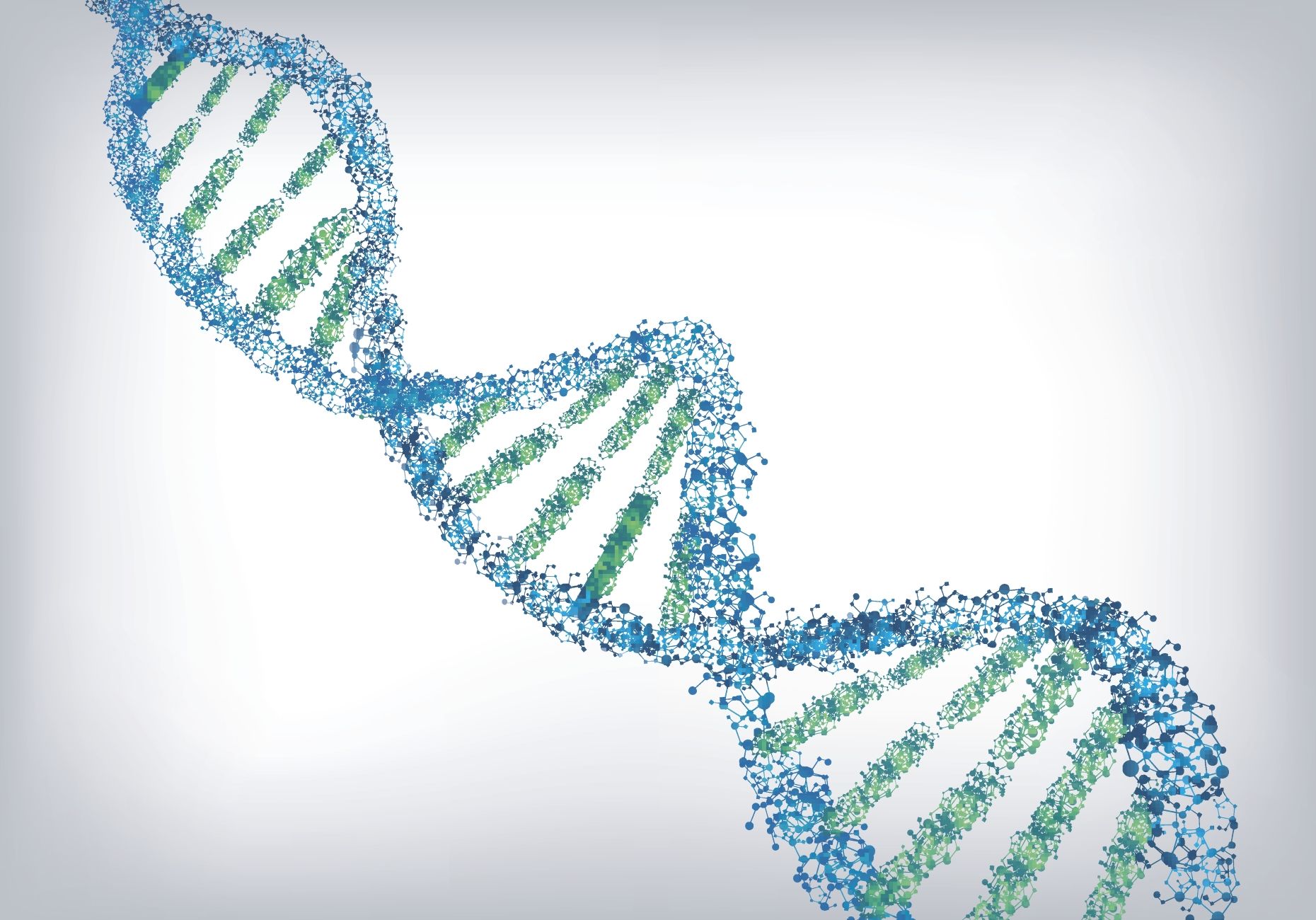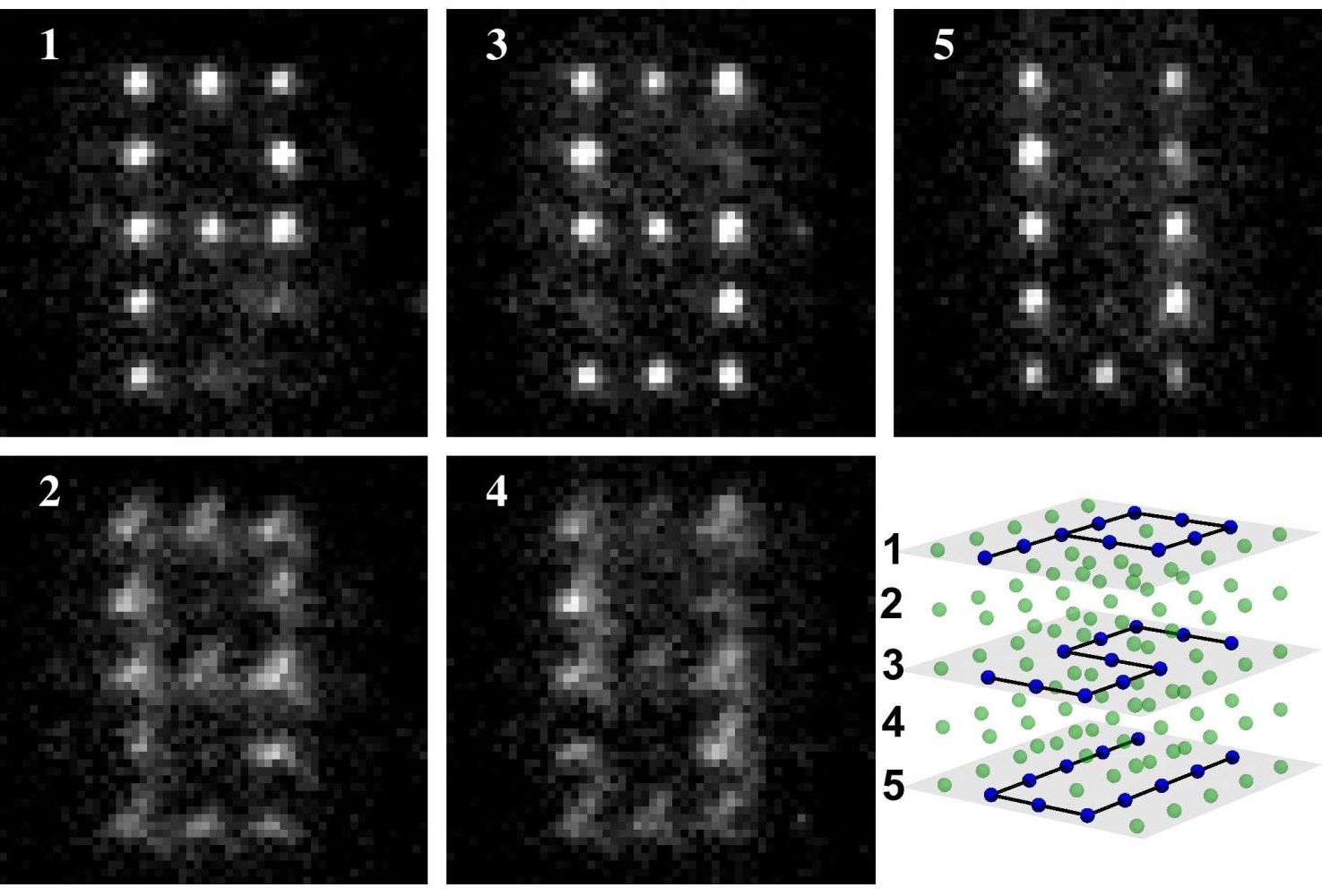Jun 28, 2016
This is how Google plans to take control of public transit and parking in the U.S
Posted by Klaus Baldauf in category: transportation
Shutterstock.
Alphabet’s “improved city living” company, Sidewalk Labs – the group behind the futuristic digital city story a while back – is already getting its feet wet in real-life situations. The Guardian has obtained documents and emails that detail a proposal made by Sidewalk Labs to the city of Columbus, Ohio. It essentially allows Google to assume control of the city’s public transport and parking system.
The information was obtained through public records laws and details an offer made by Sidewalk Labs to provide the city of Columbus with its cloud-based program called Flow for free. Flow would put the city’s public transit, public parking and transit subsidy program under the control of Google.


 © iStock/ Getty Images undefined How much storage do you have around the house? A few terabyte hard drives? What about USB sticks and old SATA drives? Humanity uses a staggering amount of storage, and our needs are only expanding as we build data centers, better cameras, and all sorts of other data-heavy gizmos. It’s a problem scientists from companies like IBM, Intel, and Microsoft are trying to solve, and the solution might be in our DNA.
© iStock/ Getty Images undefined How much storage do you have around the house? A few terabyte hard drives? What about USB sticks and old SATA drives? Humanity uses a staggering amount of storage, and our needs are only expanding as we build data centers, better cameras, and all sorts of other data-heavy gizmos. It’s a problem scientists from companies like IBM, Intel, and Microsoft are trying to solve, and the solution might be in our DNA.
















